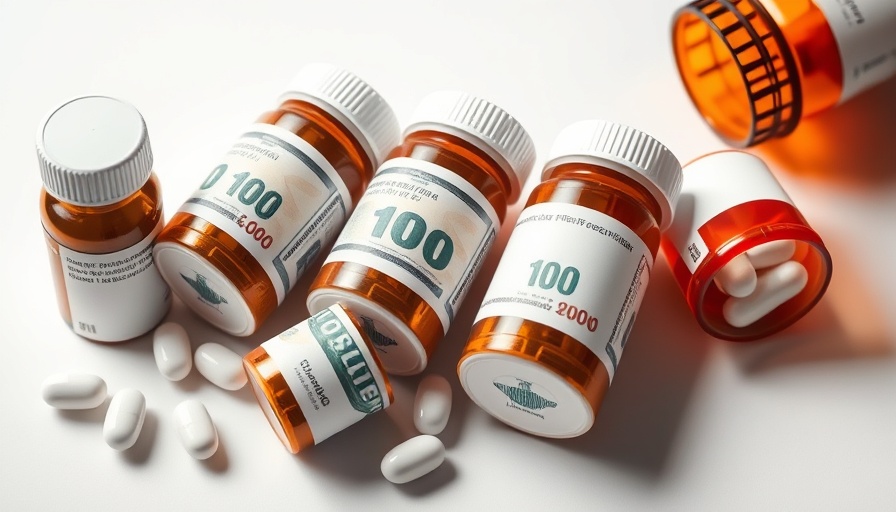
Unlocking the Secrets of Almond Oil: A Nutritional Powerhouse
Almond oil has been celebrated throughout history not just for its culinary merits but also for its myriad health benefits. Extracted from the kernels of sweet or bitter almonds, this golden oil is a staple in kitchens and beauty routines worldwide. Today, let’s delve deeper into the nutritional profile and diverse uses of almond oil while addressing concerns around quality and processing methods.
The Rich History of Almond Oil
The cultivation of almonds dates back to ancient civilizations in Egypt and Persia, where they were valued for their nutritional and medicinal properties. In both Ayurveda and Greco-Roman traditions, almond oil was lauded for its ability to soothe dry skin and aid digestion. Interestingly, sweet almond oil is the variety most often used today, while bitter almonds, which contain dangerous compounds, are processed to make them safe.
The Nutritional Power of Almond Oil
Almond oil is packed with healthy fats that benefit the heart and brain. Rich in monounsaturated fats like oleic acid, it can help lower bad cholesterol levels, reducing the risk of heart disease. Additionally, almond oil provides essential polyunsaturated fats, such as linoleic acid, which is vital for maintaining healthy skin and brain function. On top of that, this oil is an excellent source of vitamin E, renowned for its powerful antioxidant properties that aid in skin repair and bolster immune function.
Advantages of Cold-Pressed Organic Almond Oil
To maximize the benefits of almond oil, opting for organic, cold-pressed varieties is crucial. Unlike conventional almond oil that may contain harmful pesticides and heavy metals, cold-pressed oils are healthier, as they retain more nutrients and are free from contaminants. This purity directly contributes to the oil's nourishing properties, making it an ideal choice for both culinary and skincare uses.
Culinary Delights with Almond Oil
Almond oil is not just a health elixir; its mild, nutty flavor enhances a variety of dishes. It can be used in salad dressings, drizzled on vegetables, or as a key ingredient in baked goods like almond oil cake. Its versatility means there's no shortage of recipes to try—whether you're sautéing greens or crafting delicious vinaigrettes, almond oil proves to be a kitchen staple.
Skincare Benefits: Nourishment from Within
When it comes to skin care, almond oil is a natural moisturizer that penetrates deeply to hydrate without clogging pores. Its therapeutic properties alleviate dry skin and can even treat conditions such as eczema. Furthermore, using almond oil on your skin can enhance the effectiveness of other products, as it promotes better absorption of various active ingredients. A simple massage with almond oil can also soothe inflammation and calm irritation, showcasing its dual health benefits.
Understanding the Risks: The Bitter Side of Almond Oil
It’s important to be aware that not all almond oils are created equal. The presence of bitter almond oil, which is toxic if untreated, emphasizes the need to choose products carefully. Bitter almonds contain amygdalin, a compound that can release cyanide; therefore, proper processing is essential. Consumers should always look for sweet almond oil from reputable sources to ensure safety and quality.
Cultural Connection: The Role of Almond Oil Today
In various cultures, almond oil continues to play an essential role in both the kitchen and beauty regimens. It represents a connection to traditions that value natural healing and nourishment. Whether in the form of culinary offerings or cosmetic applications, the benefits of almond oil transcend borders. This heritage fosters a sense of community through shared knowledge of its uses across generations.
Conclusion: Embrace Almond Oil in Your Life
With its rich history, impressive nutritional profile, and myriad applications, almond oil stands out as a versatile ingredient worthy of a spot in your pantry and skincare arsenal. No matter your lifestyle, understanding the benefits of this oil can empower you to make healthier choices and take advantage of nature's bounty. Consider trying organic, cold-pressed almond oil for your cooking and skincare needs—your body and skin will thank you for it.
 Add Row
Add Row  Add
Add 



Write A Comment